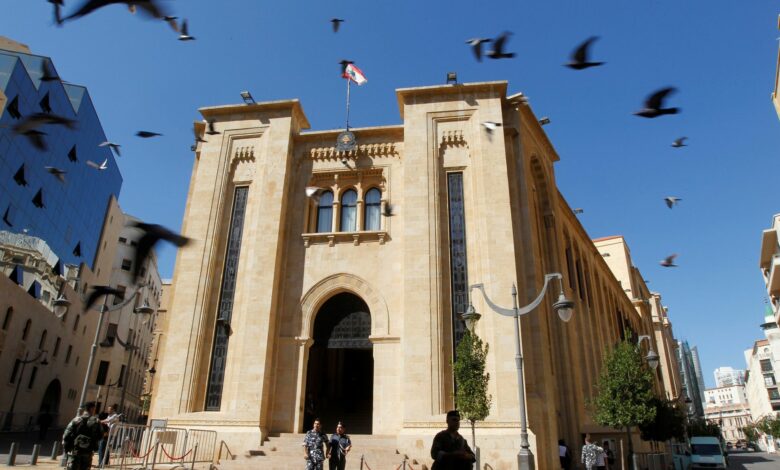
BEIRUT, Sept 20 (Reuters) – Lebanon’s parliament began a session on Monday that is scheduled to discuss the new cabinet’s policy programme and hold a vote of confidence, after a nearly one-hour delay caused by a power cut.
Lebanon is battling a deep depression, with worsening fuel shortages translating into few or any hours of state-backed power a day and most Lebanese relying on private generators for electricity.
The session had been scheduled to start at 11 a.m. local time (0800 GMT) but the lights went out in the building now housing the parliament. When it began, Prime Minister Najib Mikati read out the cabinet’s draft policy programme.
“From the heart of the suffering of Beirut … our cabinet was born to light a candle in this hopeless darkness,” Mikati told parliament.
Mikati’s government was cobbled together after a year of political deadlock that has compounded Lebanon’s economic malaise.
The new government has promised action to address the country’s crisis, including talks with the International Monetary Fund and a start to reforms. read more
Its draft policy programme said it would renew and develop a previous financial recovery plan, which set out a shortfall in the financial system of some $90 billion – a figure endorsed by the IMF.
But Mikati faces a tricky path to solid economic ground as the plan risks hitting resistance from officials and bankers though the gravity of the crisis could encourage many to make decisions they had previously resisted. read more
Lebanon’s financial system unravelled in late 2019. The root cause was decades of profligate spending by the state and the unsustainable way in which it was financed.
Reporting By Maha El Dahan and Laila Bassam, Editing by Gareth Jones and Timothy Heritage
Our Standards: The Thomson Reuters Trust Principles.



